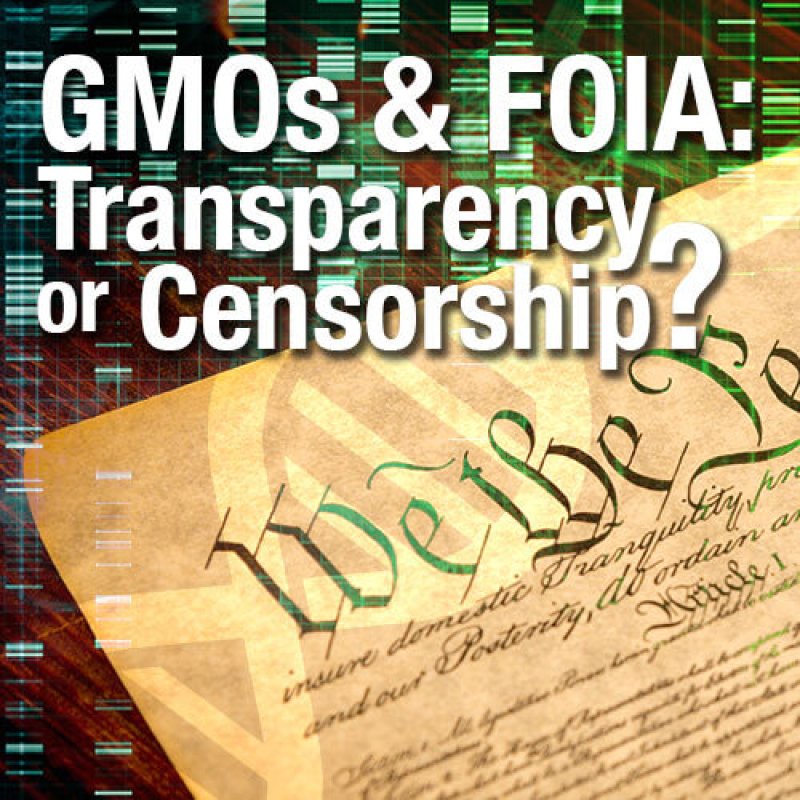The GLP aggregated and excerpted this blog/article to reflect the diversity of news, opinion and analysis.
The biotech industry’s web of attempts to buy credibility, by laundering its messages through supposedly independent academic scientists, is unraveling and beginning to reveal the influence of huge amount of industry money on the independence of academic agricultural science.
The overriding issue is the money from the biotech and industrial agriculture industries pouring into public universities, and the corrosive effect all that money is having on the independence of science. Evidence suggests that biotech industry influence is a pervasive problem, corrupting science and distorting public discussion.
While not proof of collusion between the industry and academics, there is a bigger pattern of exclusion and intimidation that has been linked to industry influence.
The particular situations detailed in Eric Lipton’s NYT article are undoubtedly the tip of the proverbial iceberg. Since the beginnings of the assault on government funding for public institutions in the 1980s, public, independent, and research funding of agriculture science has stagnated or fallen. Meanwhile, private sector funding, previously a minority of research dollars, is now the majority.
The organic industry is also implicated by the New York Times article. And of course, influence from the private sector can come from any industry.
However, as the New York Times article notes, the research contributions of the organics industry is miniscule compared to those of the biotech and industrial ag industries. Unfortunately, the extensive highlighting of Charles Benbrook, who performs research on organics supported by the industry, gives the appearance of an equivalence between biotech and organic that isn’t credible. This comparison, in practical terms, is a distraction from the real world issue, which is the corruption of independent agricultural science by biotech, and more broadly, industrial agriculture industries.
Read full, original post: Dirty Money, Dirty Science































